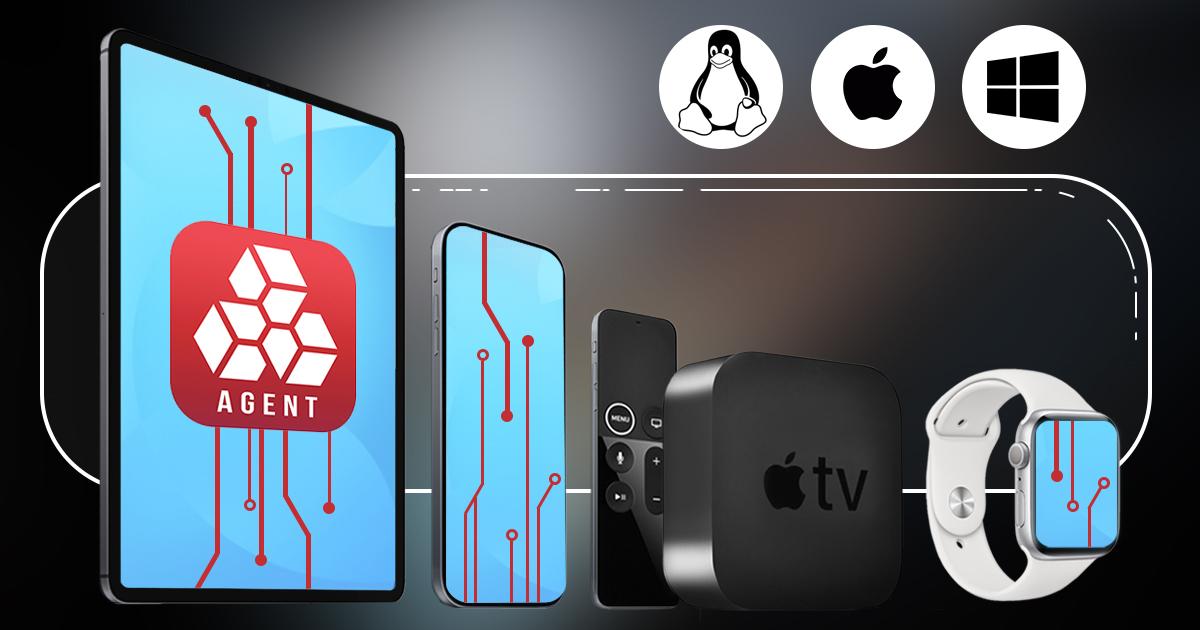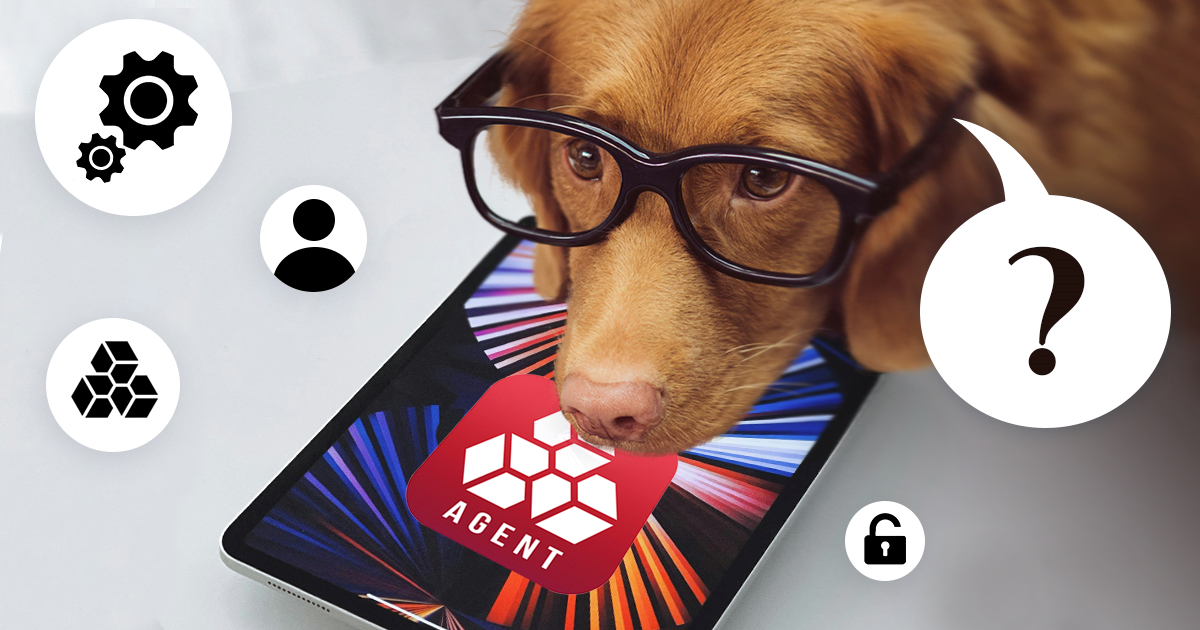The proliferation of always connected, increasingly smart devices had led to a dramatic increase in the amount of highly sensitive information stored in manufacturers’ cloud accounts. Apple, Google, and Microsoft are the three major cloud providers who also develop their own hardware and OS ecosystems. In this report, we’ll see how these companies protect their users’ highly sensitive information compared to each other.
Skype synchronizes chats, text messages and files sent and received with the Microsoft Account backend. Accessing Skype conversation histories by performing a forensic analysis of the user’s Microsoft Account is often the fastest and easiest way to obtain valuable evidence. Learn how to use Elcomsoft Phone Breaker to quickly extract the complete conversation histories along with attachments and metadata from the user’s Microsoft Account.
Every once in a while, hi-tech companies release reports on government requests that they received and served (or not). The different companies receive a different number of requests. They don’t treat them the same way, and they don’t report them the same way, which makes the comparison difficult. In this article, we’ll try to analyze and compare government request reports published by Apple, Google and Microsoft.
Beginning with Windows 8.1 and Windows Phone 8.1, Microsoft started unifying its mobile and desktop operating systems. No wonder the two versions of Microsoft’s latest OS, Windows 10, share the same approach to two-factor authentication.


